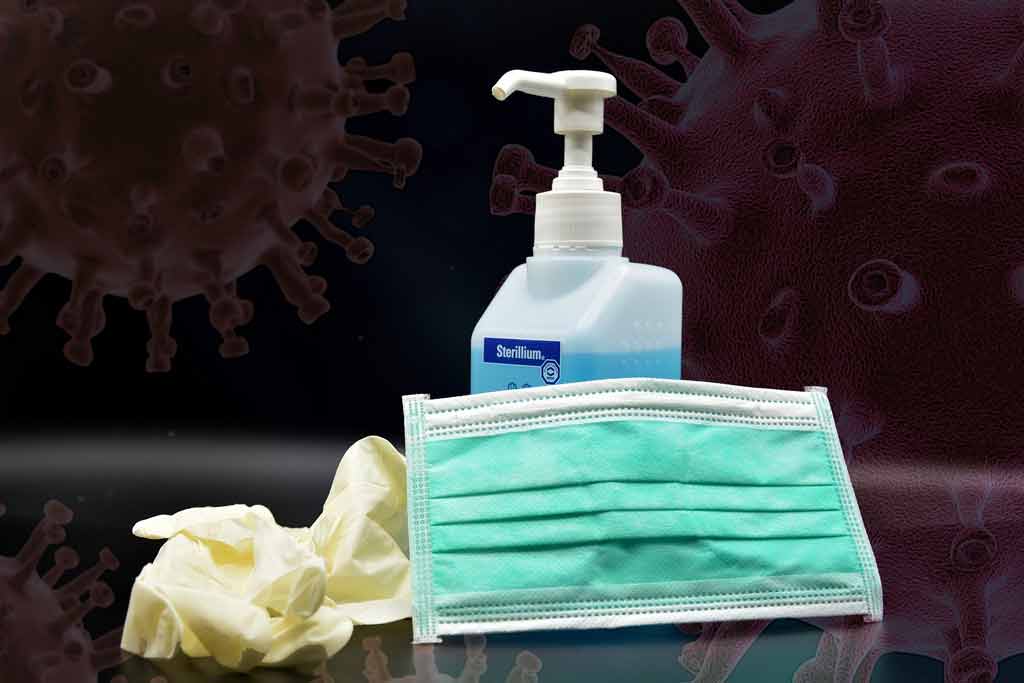
The New York Health and Essential Rights Act, or New York HERO Act, was signed into law last week by Governor Cuomo in an effort to prevent the exposure and spread of coronavirus and other airborne diseases.
There are two sections to the new law:
Under Section 1 of the Act, employers are required to prepare model safety plans, and cannot discriminate or retaliate against workers who exercise their rights under the Act.
Under Section 2, certain employers are required to form workplace safety committees with their employees.
The Act covers all employers in the state, regardless of size, including those with part-time workers, independent contractors, domestic workers, home health and personal care workers, and seasonal workers. Only state and government agency employers and employees are exempt from the new regulations.
The model safety plans will be created by the New York State commissioner of labor, in consultation with the New York State Department of Health, and will address employee health screenings, face coverings, personal protective equipment, hand hygiene, cleaning and disinfecting of shared work equipment and surfaces, social distancing, mandatory or precautionary isolation or quarantine, engineering controls, enforcement of the safety plan, compliance with employee notices, and review of standards, policies, and employee rights.
These models will be published in English, Spanish, and additional languages if necessary. Employers can either adopt the model plans or create their own, as long as it meets or exceeds the minimum standards created by the State. The plan must be distributed in English and an employee’s primary language, it must be posted at the worksite and incorporated into the organization’s employee handbook (if one is in use), and given out to all new hires. It must also be available for review upon request.
Employers cannot retaliate against employees for exercising their rights under the Act; reporting violations of the Act or the employer’s plan to officials; reporting a concern about exposure to an airborne disease to an employer or government entity; or refusing to work when the employee believes in good faith that there is dangerous exposure caused by working conditions inconsistent with laws or the required safety plan, with certain exceptions.
Failure to comply with the new law could result in penalties in the amount of $50 per day for not adopting a plan and between $1,000 and $10,000 for not following a plan.
While it may take some time for the labor department to create the model plans, New York State employers should review and revise their current health and safety procedures to comply with the new regulations. Materials from the NYSDOL should be monitored and reviewed, administrative functions should be implemented, and managers and supervisors should be trained on the requirements of the Act.

